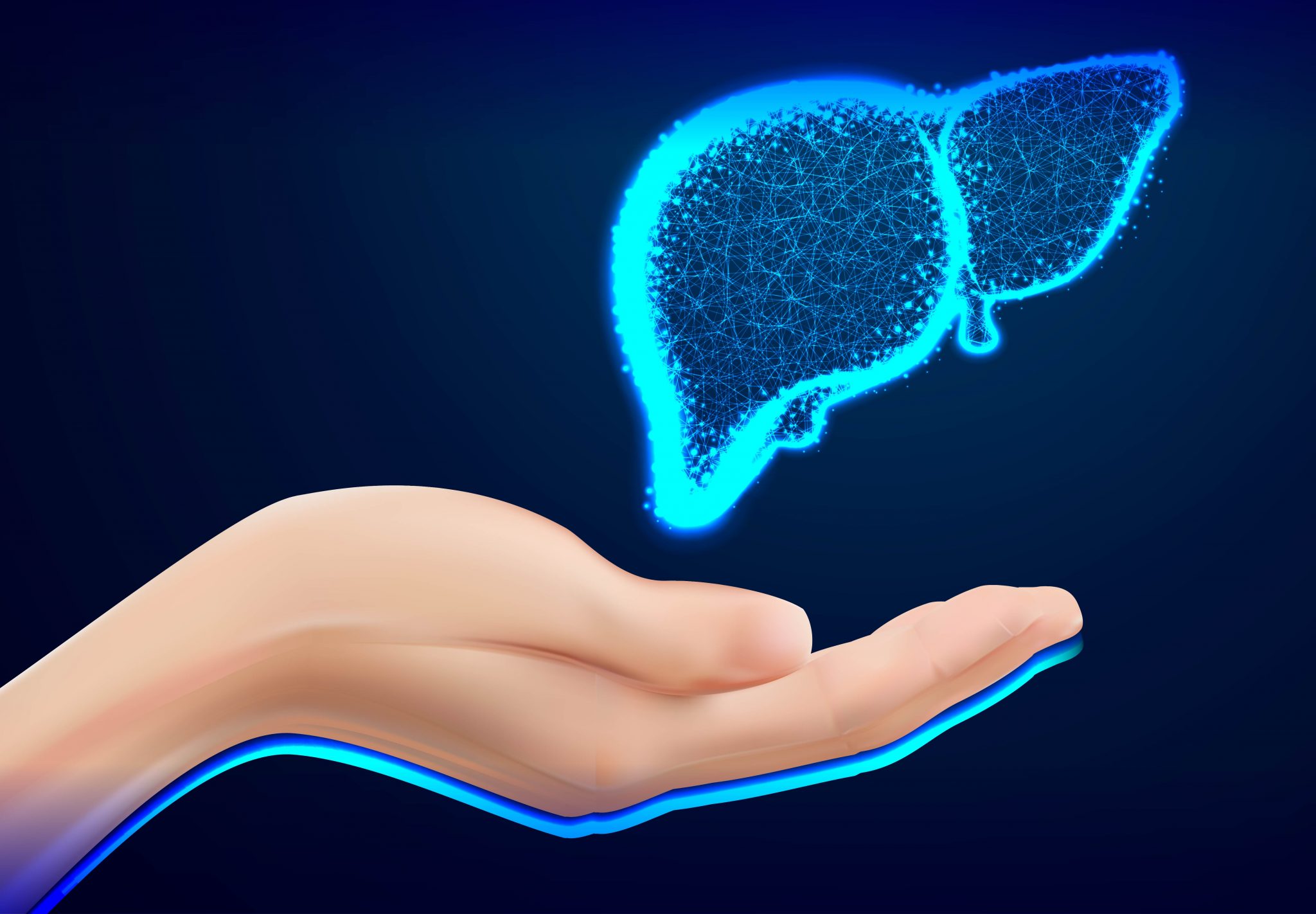The basic building blocks of life — DNA
Almost every living organisms on this earth store genetic information in the form of DNA, only some viruses store their genetic information in the form of RNA.
But how much do you know about them? Today we explore the common DNA myths and misconceptions about these genetic codes that helps make us who we are.
DNA Myth 1: My DNA dictates my life and I’m stuck with whatever my DNA forces me to be.
Even though your DNA have contributed into making who you are today, from your physical traits, to your risk to certain diseases, it is not the sole contributor to what makes you who you are. It does not mean that you can’t make changes to yourself.
There are many other factors that affects you and your body, and these are the factors that you can change if you want to change your life. You can change the way you eat, the way you exercise, the way you live your life, the environment that you live in, in order to change your outcomes in life.
So the answer is no, even though you might have certain genetic predispositions to certain diseases, ultimately you still have the power to influence these outcomes. Understanding your DNA only helps you understand more about yourself, so that you can use it to guide you in your way of life.
DNA Myth 2: You can predict my future with my DNA profile.
Based on your DNA profile, we can predict certain things about you, such as your risk of getting certain diseases. But you have to bear in mind, DNA doesn’t give you a definitive answer. A lot of things that are coded for in your DNA still depends on the choices that you make, as well as the things that you encounter in your environment.
For example, it might tell you based on your gene and family history, you have a higher risk of getting breast cancer, but it doesn’t mean that you will definitely get it in the future.
However, with this piece of information, you can do breast self-examination regularly, go for screening mammogram according to your genetic counsellor’s suggestion and change your lifestyle to reduce the risk.
DNA Myth 3: All genetic mutations are bad.
I bet that the first thought that comes into your mind when you see genetic mutations is cancer. The most commonly known genetic mutations are cancers.
However, there are genetic mutations that could potentially be beneficial, for example research have shown that people with a particular mutation in SLC30A8 gene are 65% less likely to get diabetes, even when they have risk factors like obesity.1
Most genetic variant/mutations may not have an effect on your body, or we might not have discovered the effects yet, so it’s not necessarily all bad.
DNA Myth 4: All diseases are 100% genetically inherited.
Some diseases are genetically inherited and are monogenetic (caused by a mutation in a single gene), for example Huntington’s disease, sickle cell anaemia. Quite often, there’s nothing much that you can do to change these risks.
There are also multifactorial genetic disorders, which can be caused by a combination of certain genetic variations, and environmental factors in your life. For example heart diseases and diabetes. If you have a genetic risk of getting diabetes, and if you have other lifestyle risk factors like obesity, you will have an increased risk of getting diabetes.2
Your genes are not 100% liable for all the diseases that you might get in your life. Your personal lifestyle choices and environmental factors will have a contribution as well.
DNA Myth 5: I can’t take a DNA test because I’m afraid of needles and blood.
Every part of your body contains your DNA, from your hair, to your skin, and even your toenails! In a lot of cases, you don’t need to draw blood for DNA testing, so don’t worry. In Advanx Health, we collect a sample of your saliva for DNA analysis, which is easy to do at home.
This is the second part in the #DiscoverGenetics series. Understand yourself better with our DNA wellness plans.
References:
- Altshuler D, Flannick J, et al. Loss-of-function mutations in SLC30A8 protect against type 2 diabetes. Nat Genet. 2014 Apr;46(4):357-63. doi: 10.1038/ng.2915. Epub 2014 Mar 2. https://www.ncbi.nlm.nih.gov/pubmed/24584071
- National Human Genome Research Institute. 2015. Frequently Asked Questions About Genetic Disorders. [ONLINE] Available at: https://www.genome.gov/19016930/faq-about-genetic-disorders/. [Accessed 26 April 2018].

